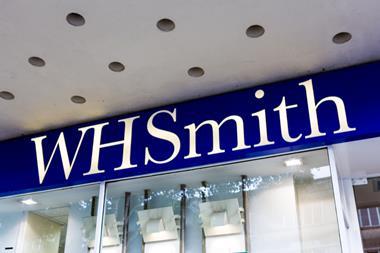Retailers are facing a hit of about£40 million next year, when they become liable for fraudulent transactions on Chip and PIN cards that have been stolen in the post en route to the legitimate holders.
This is a serious problem for retailers, because mail non-receipt fraud is on the increase. Last year it reached£43.4 million, compared with£17.7 million in 2000, according to the Association for Payment Card Services (Apacs).
One banking industry insider warned: 'From January 1, don't be liable for the inadequacies of the banking industry. Make sure you have an exclusion clause in the contract with your acquiring bank so if a card has been lost in the post you will not be liable for fraud committed on it.'
Apacs corporate communications director Sandra Quinn said that from January 1, only retailers that are not Chip and PIN compliant would be liable for such fraud.
She admitted there would be a transition period when retailers will allow fallback to signature. 'This could be long-term, because you can only stop accepting signatures when all cards are Chip and PIN-enabled,' said Quinn.
Until this point, retailers would have to refuse business from people with Chip & PIN cards who do not know their PIN number, or leave themselves open to fraud on stolen cards. The bank insider suggested banks are placing retailers in an 'unacceptable position'.
Quinn said the increasing level of fraud on stolen cards was being investigated and that Apacs was working with Royal Mail to address the problem.
However, she warned that the banks were unwilling to pay for the 'secure delivery of all cards' because it would cost too much.
























No comments yet